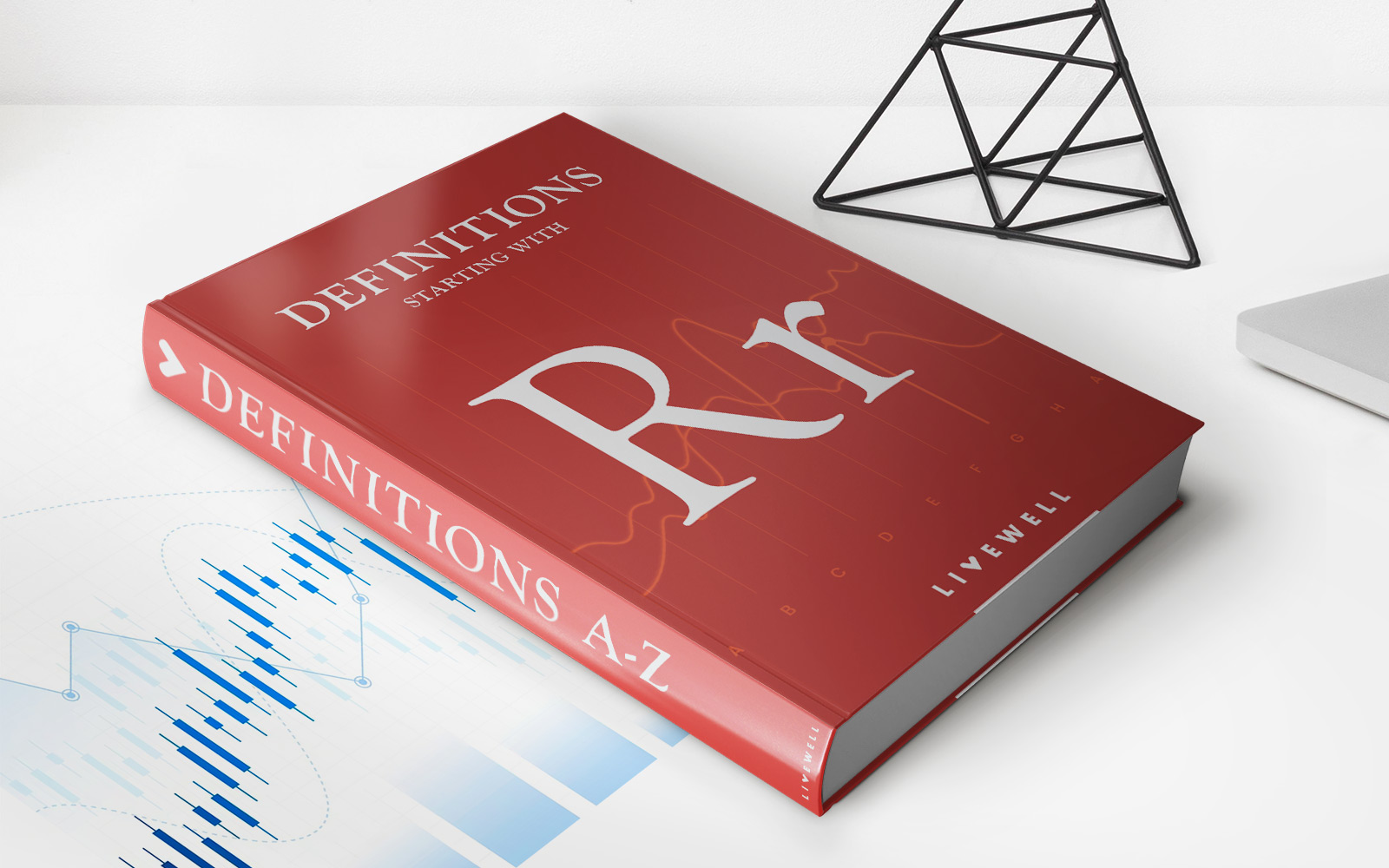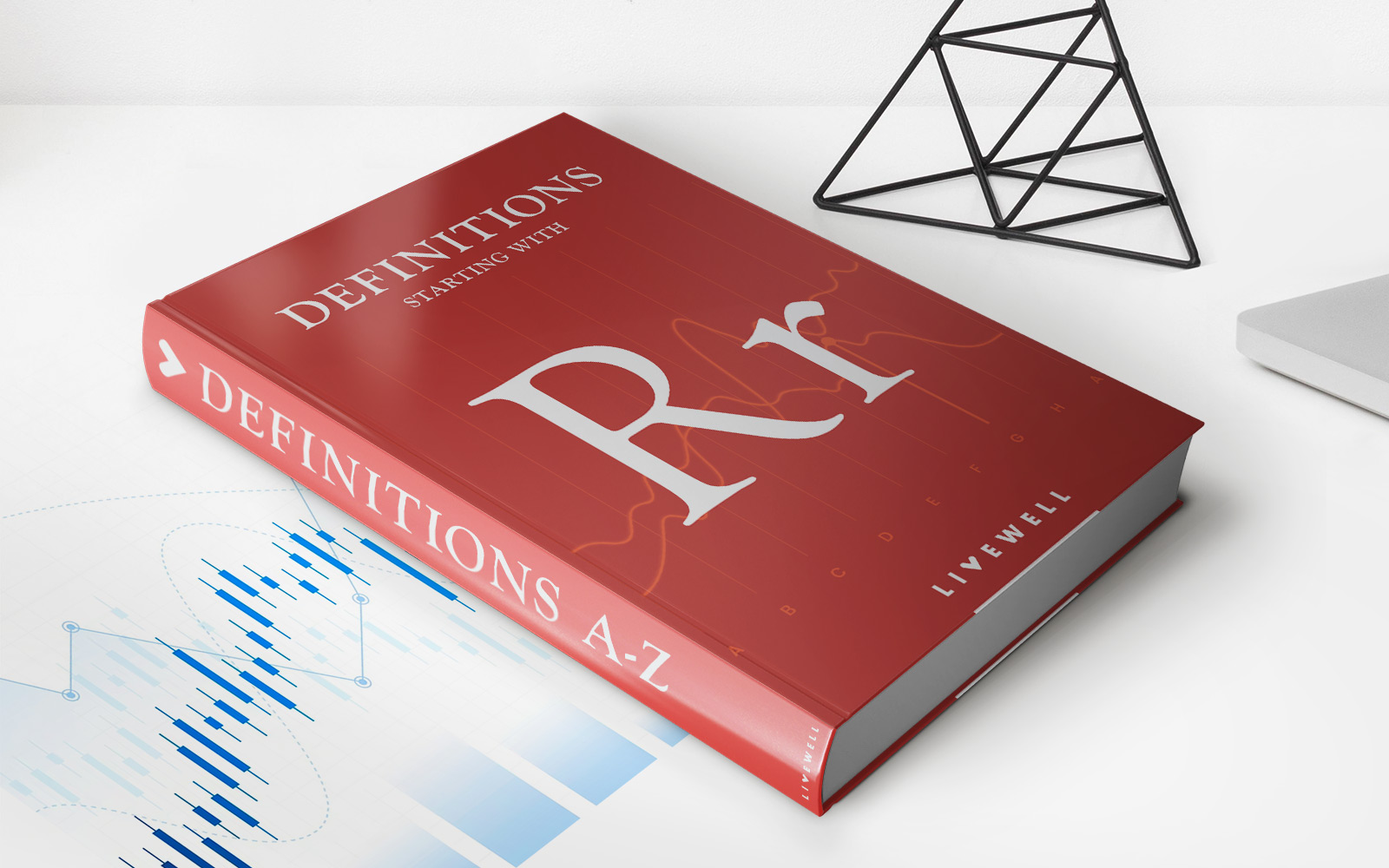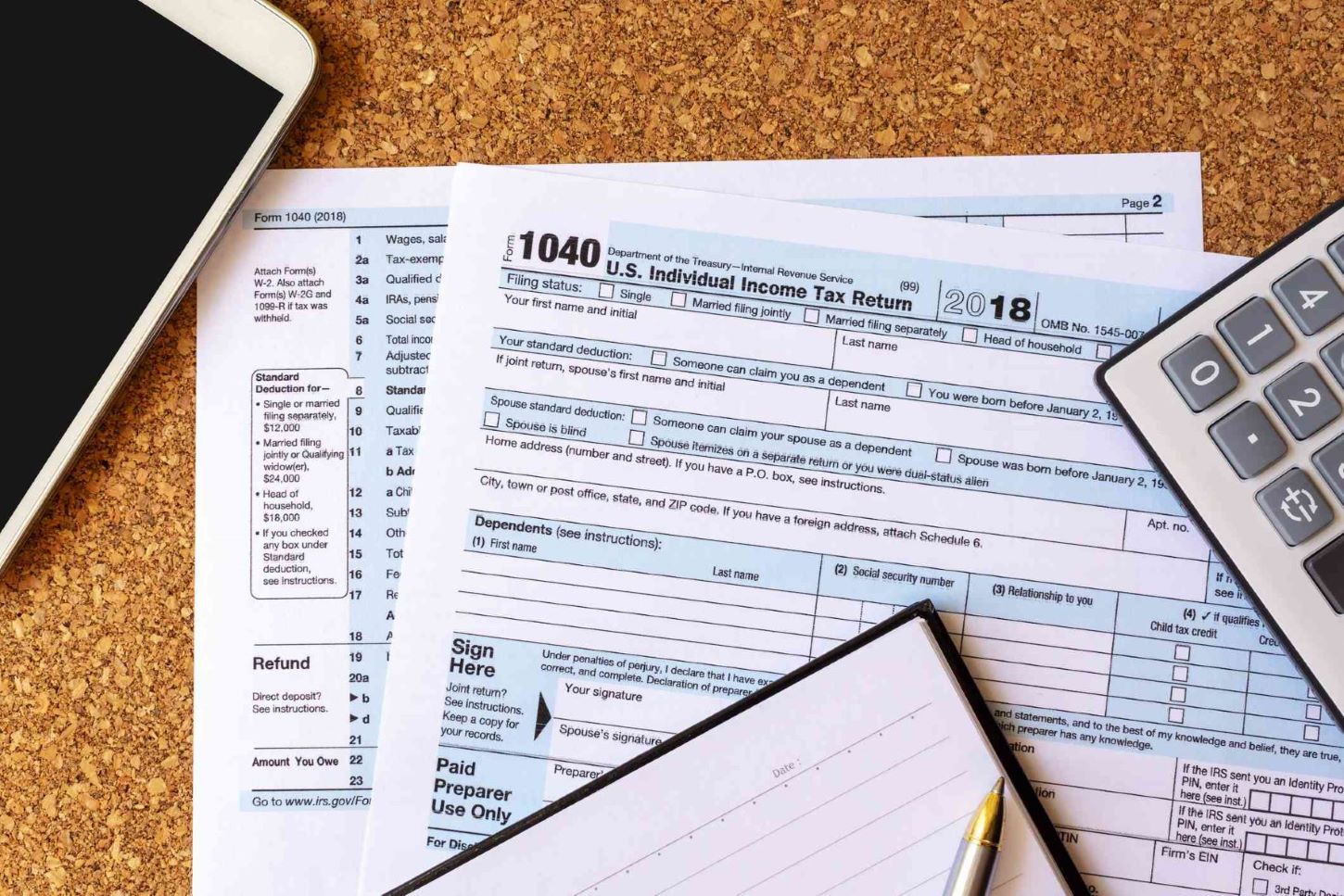Home>Finance>Collection Agency: Definition, How It Works, And Regulations


Finance
Collection Agency: Definition, How It Works, And Regulations
Published: October 29, 2023
Learn about the definition, workings, and regulations of collection agencies in the finance industry. Gain insights into how these agencies operate to retrieve unpaid debts.
(Many of the links in this article redirect to a specific reviewed product. Your purchase of these products through affiliate links helps to generate commission for LiveWell, at no extra cost. Learn more)
Welcome to the Finance Blog: Exploring the World of Collection Agencies
Have you ever wondered what a collection agency is and how it operates? If so, you’re in the right place. In this blog post, we will dive into the world of collection agencies, discussing their definition, how they work, and the regulations that govern them. By the end, you’ll have a comprehensive understanding of this important aspect of the finance industry. Let’s get started!
Key Takeaways:
- A collection agency specializes in pursuing and collecting overdue debts for businesses and individuals.
- The primary goal of a collection agency is to recover outstanding payments on behalf of their clients.
Definition of a Collection Agency
A collection agency is a type of business that works on behalf of creditors to collect unpaid debts from individuals or other businesses. When a debt becomes overdue, the original creditor may choose to hire a collection agency to recover the outstanding amount.
Collection agencies are well-versed in dealing with debtors and have established strategies and systems in place to increase the chances of successful debt recovery. They utilize various communication channels, such as phone calls, letters, and emails, to reach out to debtors and negotiate payment arrangements.
How Collection Agencies Work
When a creditor hires a collection agency, they typically transfer the responsibility of pursuing the debt to the agency. The collection agency takes on the task of contacting the debtor, informing them of the outstanding debt, and attempting to secure payment. They may employ various tactics, such as offering payment plans or negotiating settlements, to motivate the debtor to fulfill their financial obligations.
Collection agencies often operate on a contingency fee basis, meaning they receive a percentage of the amount collected as their compensation. This arrangement incentivizes them to recover as much of the debt as possible.
It’s important to note that collection agencies must adhere to certain regulations and guidelines to ensure fair and ethical debt collection practices. These regulations, such as the Fair Debt Collection Practices Act (FDCPA) in the United States, protect debtors from harassment, false statements, and other abusive collection tactics.
Regulations Governing Collection Agencies
Collection agencies are subject to various regulations and laws that govern their operations and ensure fair treatment of debtors. Some of the key regulations include:
- Fair Debt Collection Practices Act (FDCPA): This federal law in the United States prohibits abusive, deceptive, and unfair debt collection practices. It outlines what collection agencies can and cannot do when communicating with debtors.
- Consumer Credit Protection Act (CCPA): The CCPA primarily focuses on protecting consumers from unfair and fraudulent practices in the credit industry. It covers various aspects of consumer financial rights, including debt collection.
- Data Protection and Privacy Laws: Collection agencies must adhere to data protection and privacy laws to ensure the security and confidentiality of debtor information.
These regulations help to establish a level playing field for debtors and ensure that collection agencies operate within legal boundaries. It’s vital for both creditors and debtors to be aware of these regulations to protect their respective rights and interests.
Conclusion
Collection agencies play a crucial role in the finance industry by assisting businesses and individuals in recovering overdue debts. They operate within a framework of regulations to ensure fair debt collection practices and protect the rights of debtors. By understanding how collection agencies work and the regulations that govern them, both creditors and debtors can navigate the debt collection process more effectively.
So, the next time you encounter the term “collection agency,” you’ll have a comprehensive understanding of its definition, operations, and the importance of compliance with regulations. If you have any further questions or need assistance with debt collection, don’t hesitate to reach out to qualified professionals in the field.














